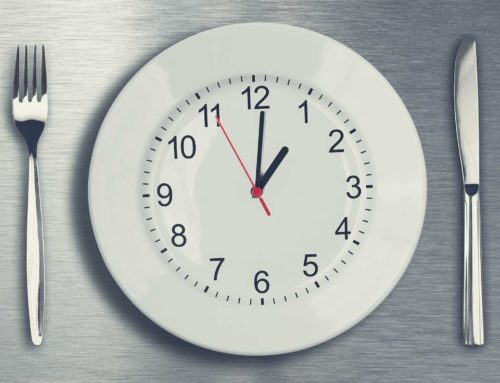by Dr. Tina Marcantel
Reversing the Effects of Insulin Resistance
In my article “What Is Insulin Resistance?” I talked about the causes and some of the effects of insulin resistance. Introducing large amounts of sugar into the bloodstream through sugary or processed foods triggers an overproduction of insulin that cause the body’s cells to become insulin resistant over time, which means that the cells can no longer properly process the sugars they need for energy.
High levels of blood sugars (glucose) can eventually lead to type 2 diabetes, and can damage the vessels that supply blood to vital organs, which can increase the risk of heart disease and stroke, kidney disease, vision problems, and nerve problems.
Signs of Insulin Resistance
A group of symptoms that may indicate insulin resistance, sometimes called “metabolic syndrome,” are:
- Large abdominal girth
- Chronic fatigue or lack of energy
- High blood pressure
- High cholesterol
Your doctor may test for insulin resistance with a fasting insulin test, a fasting blood sugar test, and a hemoglobin A1C test that measures your average blood sugar level for the past 3 months. Your family medical history and risk factors like diet, obesity, smoking, and an inactive lifestyle are also important to consider.
What Can I Do to Prevent or Reverse Insulin Resistance?
 The good news is that many, if not all, of the effects of insulin resistance are reversible! Here are some suggestions for getting on the road to better health and more energy:
The good news is that many, if not all, of the effects of insulin resistance are reversible! Here are some suggestions for getting on the road to better health and more energy:
- Eat high fiber foods such as raw vegetables and fruits, beans, ground flax, and nuts to prevent blood sugar spikes and overproduction of insulin. That’s because these foods take longer to digest and gradually release their sugars into the bloodstream. (This also helps prevent sugar cravings!)
- Avoid refined (processed) foods. These foods have had most of the fiber stripped from them and release their sugar quickly and in large amounts, leading to a “sugar high” followed by a quick drop (hypoglycemia) that can leave you dizzy, tired, and anxious.
- Manage the stress in your life. Stress releases the hormone cortisol, which can raise both blood sugars and insulin.
- Engage in moderate exercise. Thirty minutes of walking or other light exercise 3-4 times a week.
- Eat small, frequent meals and protein snacks (approximately every 3 hours) throughout the day instead of three large meals. This helps keep the blood sugars balanced.
- There are specific natural herbs and supplements that can also be helpful in balancing blood sugars.
Using food as your medicine and making lifestyle choices like reducing stress and increasing exercise can do wonders for your health and your overall enjoyment of life. Be good to yourself by taking care of your body—you deserve it!
To learn more about this topic:





